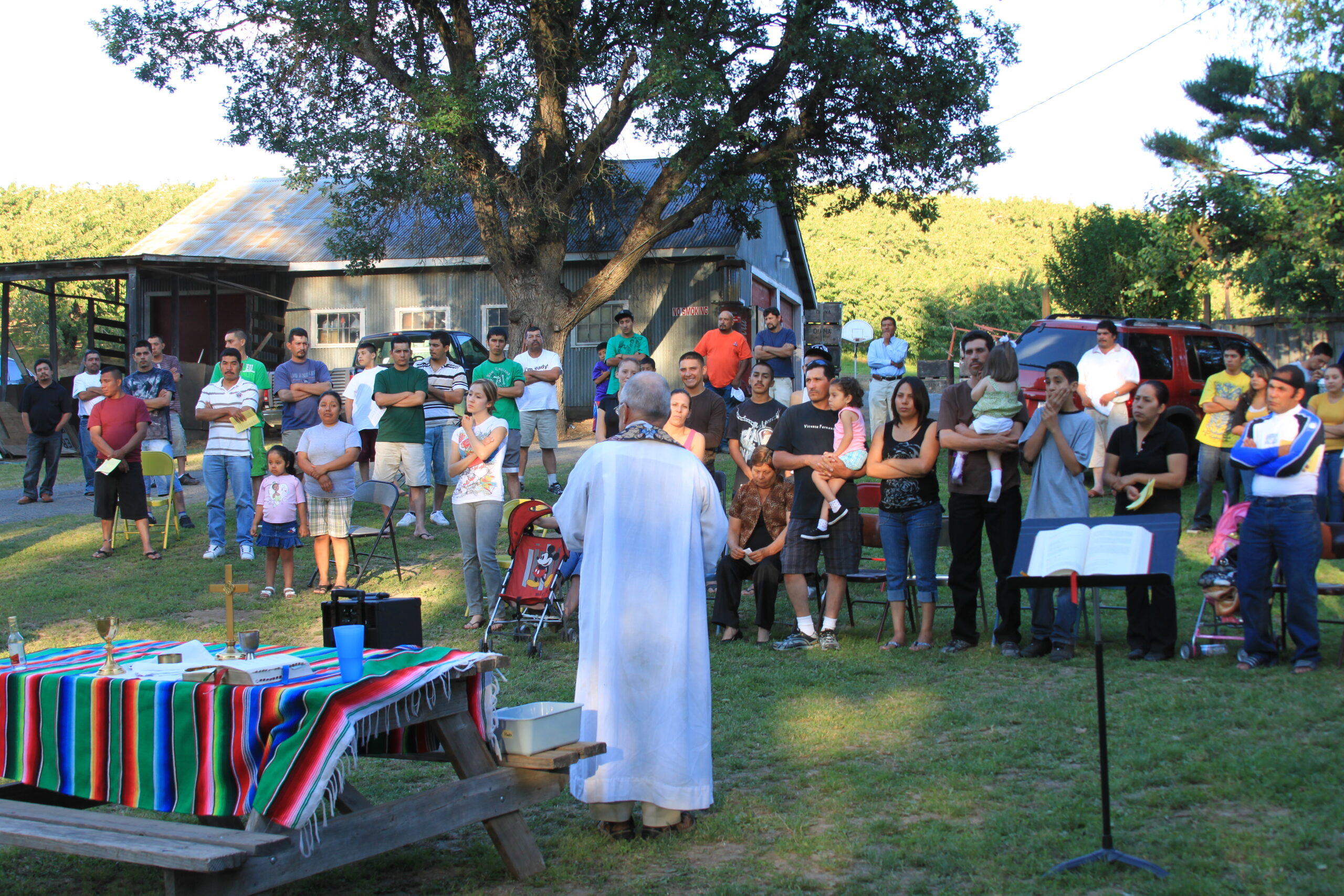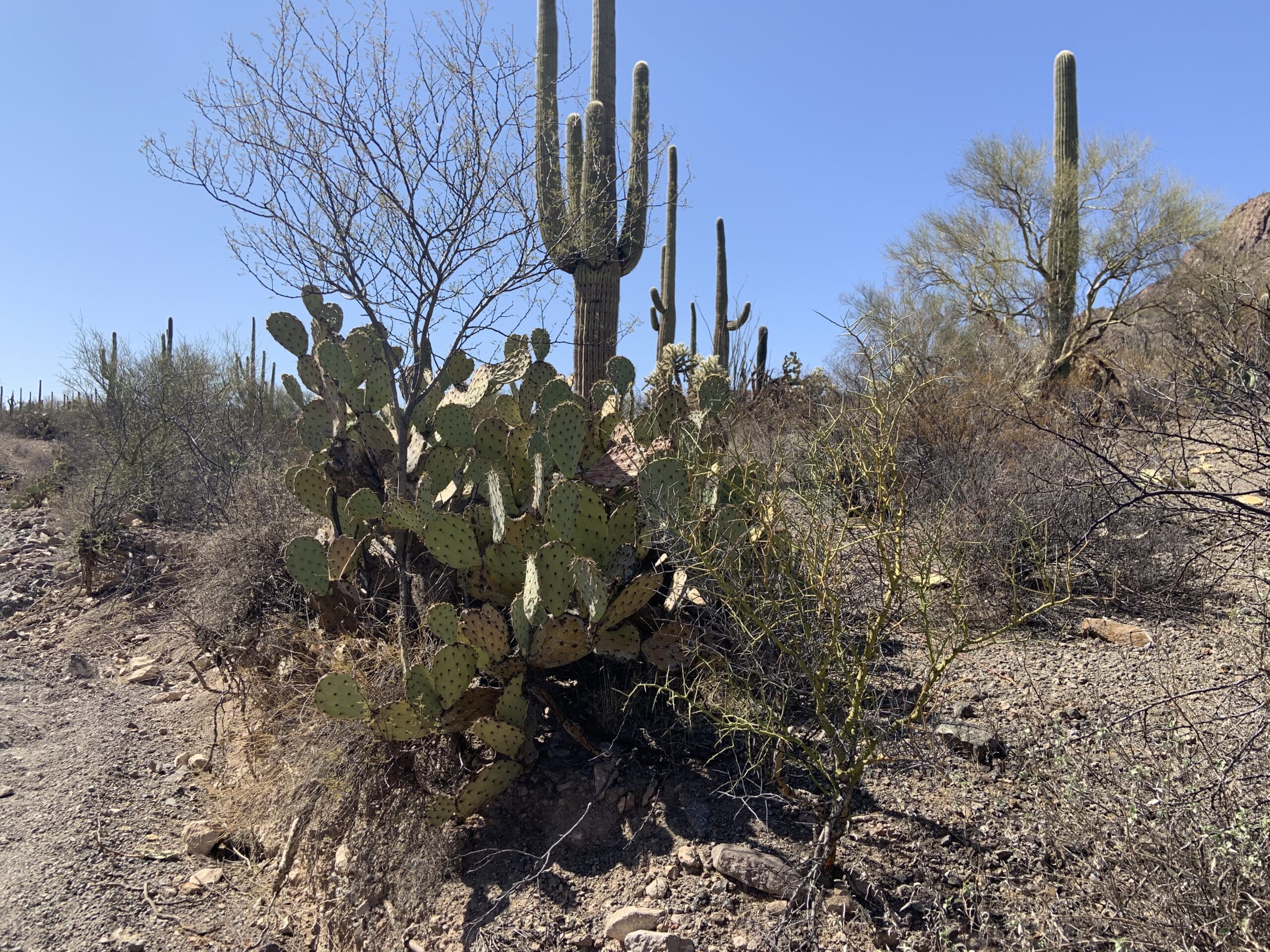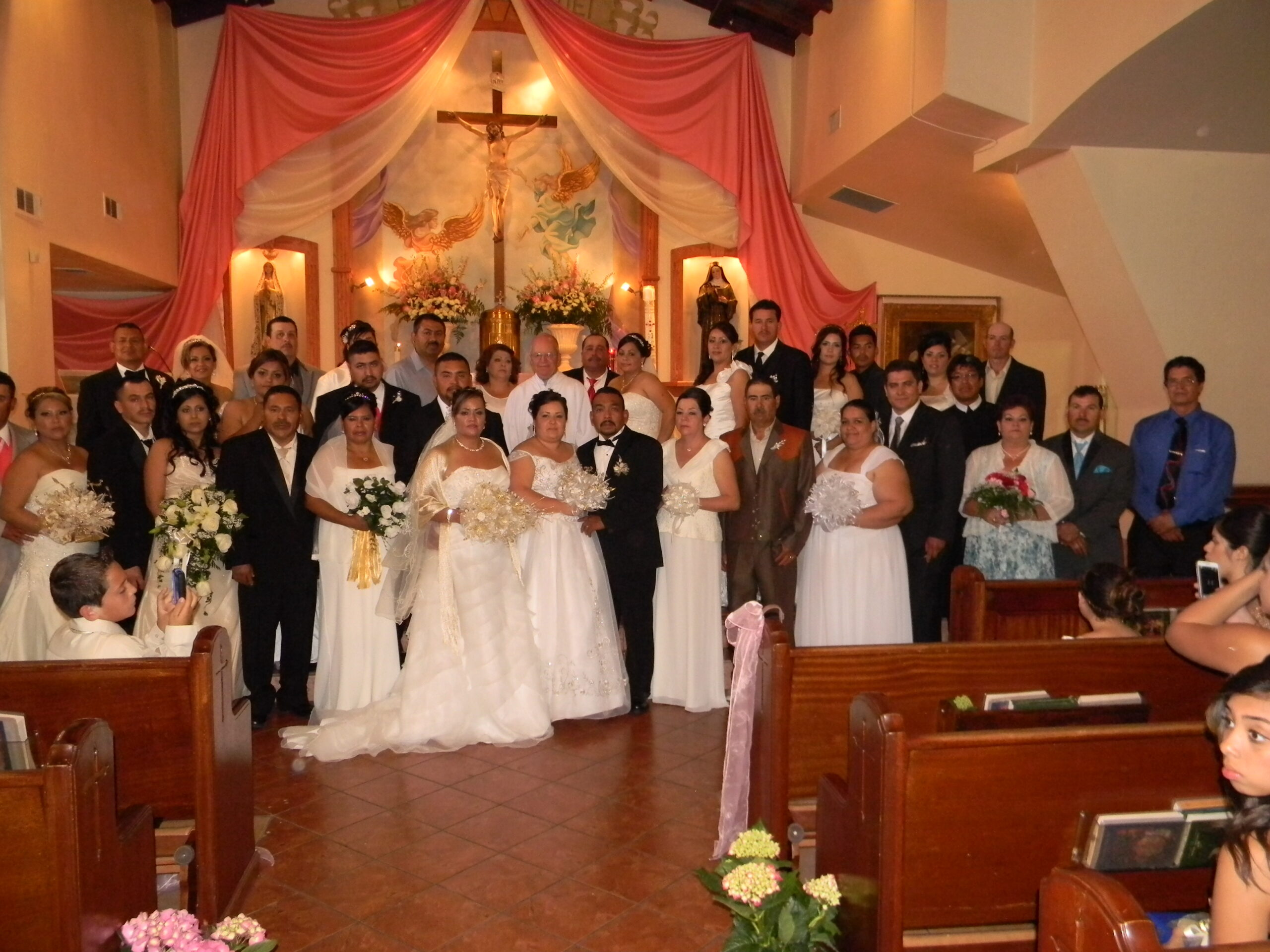Defining the term Migrant / Definición del término Migrante
Definición del término Migrante
Cuando escribí el libro La Fe del Migrante en 2013, un hombre me dijo que ‘migrante’ no es una palabra. Debe ser emigrante o inmigrante. En ese momento al escribir en español, el corrector ortográfico de mi computadora también corrigió la palabra ‘migrante’. El uso común de las palabras migrante y migración para identificar una crisis internacional de personas que huyen de sus países de origen debido a guerras, desastres naturales, persecución política y religiosa y desastres económicos contribuye al sentimiento antiinmigrante en muchas naciones. La manipulación de grupos antiinmigrantes que identifican a los migrantes como criminales paraliza a los líderes nacionales e internacionales en la búsqueda de respuestas a la migración global sin precedentes en la historia.
El término migrante se convirtió en un término común para describir a los trabajadores que viajaban para realizar trabajos estacionales o temporales, más comúnmente refiriéndose al trabajo agrícola. Como granjas, los huertos y viñedos aumentaron de tamaño y comenzaron a producir ciertos cultivos en grandes cantidades para llevar a cabo, los agricultores necesitaban una mano de obra ampliada en ciertas estaciones del año. Muchos camésinos que no poseían tierras, se contrataron para trabajos temporales y crearían un circuito de trabajo que podría mantener a una familia. Dichos trabajadores se agruparían y viajarían en caravanas, moviéndose con las estaciones para cosechar diferentes cultivos. Esos trabajadores migrantes establecieron campamentos y viajaron del sur al norte y de regreso al sur para pasar el invierno.
El trabajador migrante en los Estados Unidos procedía de los estados más pobres del sur y de las comunidades de inmigrantes. Nuestra comunidad redentorista tenía sacerdotes que atendían a los trabajadores migrantes que viajaban desde México, Texas y California cada año del sur al norte y viceversa. Tenían “capillas de ruedas” que eran casas móviles primitivas que seguían las rutas de los migrantes a través del Medio Oeste y la Costa Oeste. Muchos de los seminaristas redentoristas de la década de 1950 a la de 1980 recibieron sus primeras oportunidades de enseñar catecismo con trabajadores agrícolas inmigrantes durante los veranos.
En la década de 1930, durante los años del “Dust Bowl”, los trabajadores agrícolas que iban de Oklahoma a la costa oeste eran comunes. John Steinbock escribió “Las uvas de la ira” para contar la historia de los inmigrantes de Oklahoma que se dirigían al oeste.
El migrante es una persona de movilidad. Sería bueno si la gente pudiera usar el término correctamente, y no adoptar un enfoque perezoso y dejar que el político, la multitud antiinmigrante y los agentes de seguridad fronteriza conecten la palabra criminal con el migrante. Reeduquémonos en lo que queremos decir cuando tratamos de encontrar una solución a la crisis de la migración global.
(Si tienes observaciones o preguntas para Padre Migrante, envían las a padremigrante@gmail.com)
Defining the term Migrant
When I wrote the book Migrant Faith in 2013, a man told me that migrant is not a word. It should be emigrant or immigrant. At that time when writing in Spanish, the spell checker on my computer also corrected the word, ‘migrante’. The common use of the words migrant and migration to identify an international crisis of people fleeing countries of origin because of war, natural disaster, political and religious persecution, and economic disasters contributes to anti-immigrant sentiment in many nations. The manipulation of anti-immigrant groups that identify migrants as criminals paralyzes national and international leaders in the search for answers to global migration that is unparalleled in history.
The term migrant became a common term to describe workers who traveled to do seasonal or temporary work, most commonly referring to agricultural work. As farms, orchards and vineyards increased in size and began to produce certain crops in great quantities to take to marker, farmers needed an expanded workforce in certain seasons of the year. Many farmhands who did not own land, hired themselves out for seasonal work and would create a circuit of work that could support a family. Such workers would band together and travel in caravans, moving with seasons for harvesting different crops. Those migrant workers set up camps and traveled from South to the North and back to the South for the winter.
The migrant worker in the United States came from poorer states in the South and immigrant communities. Our Redemptorist community had priests ministering to migrant workers who traveled from Mexico, Texas and California as the moved each year from the South to the North and back. They had “chapel cars” that were primitive mobile homes that followed migrant routes through the Midwest and the West Coast. Many of the Redemptorist seminarians from the 1950’s to the 1980’s received their first opportunities to teach catechism with migrant farmworkers during the summers.
In the 1930’s, during the years of the “Dust Bowl”, farmworkers going from Oklahoma to the West Coast was common. John Steinbeck wrote the “Grapes of Wrath” to tell the story of Oklahoma migrants going west.
The migrant is a person of mobility. It would be good if people could use the term properly, and not take a lazy approach and let the politician, the anti-immigrant crowd and border security agents connect the word criminal to the migrant. Let us reeducate ourselves in what we mean when trying to find resolution to the crisis of global migration.
(If you want Padre Migrante to respond to your concerns or questions, write to: padremigrante@gmail.com)
Oh Jesús, tú nos llamas: “Síganme”. Bendice, Señor, a todos los que acogen tu llamado. Puede que el camino no sea fácil, pero tenemos la confianza de que todo es posible si caminamos contigo. Que este viaje nos abra los ojos a las maravillas de tu amor por nosotros. Oramos por toda tu gente, por todos los creyentes e incrédulos, por los líderes y seguidores. Oramos por la sanación, el perdón, la compasión, la justicia y la paz. Oramos para que, al seguirte, nosotros también podamos ser pescadores de hombres. Bendícenos en nuestro viaje.
O Jesus, you call us, “Come after me.” Bless, O Lord, all who welcome your call. The path may not be easy, but we have confidence that all things are possible if we walk with you. May this journey, open our eyes to the wonders of your love for us. We pray for all your people, for all believers and unbelievers, for leaders and followers. We pray for healing, for forgiveness, for compassion, for justice, for peace. We pray that as we follow you, we too can be fishers of men. Bless us on our journey.




